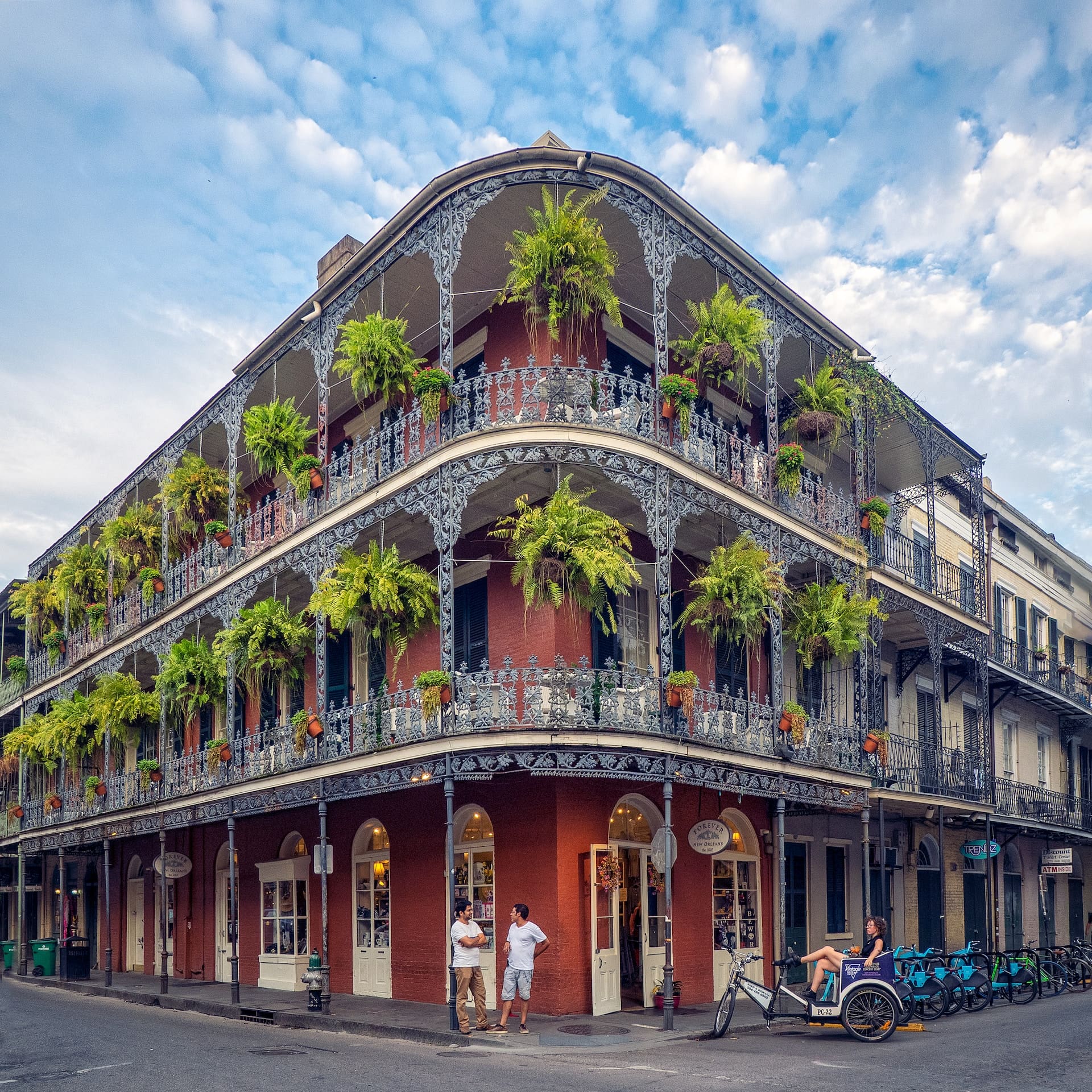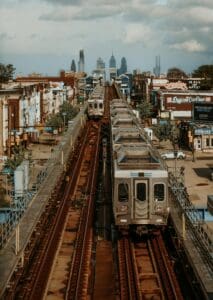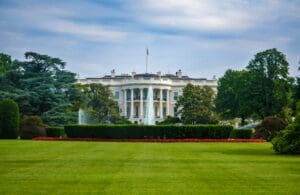By Joni Hess
See original post here.
The Mayor’s Office of Youth and Families plans to give $2 million in cash payments to teens and young adults in New Orleans, an expansion of the city’s guaranteed basic income pilot program launched in 2022.
Under the program — which could move forward when the council meets Friday to adopt the city’s 2024 budget — 769 young people who are not working or enrolled in school would receive $200 a month for one year. That’s down from $350 a month in the pilot program, a move that the city said will allow them to give money to a larger group.
Initial data provided by the city indicated that participants in the pilot program spent the money on basic necessities like food and transportation. But the impact of the program is still being studied, and a full report on the outcomes won’t be ready until this spring, city officials said.
The new round of funding was allocated by Cantrell in her proposed $1.57 billion 2024 operating budget. The City Council must vote to approve the budget, with any amendments, by Friday.
The push to expand guaranteed income follows a string of city initiatives targeting public safety and youth empowerment, largely backed by pandemic-related federal funding that is supposed to be spent by the end of 2024.
In May, the City Council approved over $47 million for violence prevention and human services. To address youth trauma and mental health, $10 million has been put towards connecting New Orleans students with mental healthcare while they’re in school through the ThriveKids Student Wellness Program.
Pilot program
The pilot program that began April 2022 was funded through a national initiative known as Mayors for Guaranteed Income.
The nonprofit program was funded by a $15 million donation from Twitter founder Jack Dorsey and had pilots in more than 60 cities, including Shreveport, each targeting different groups in need from the homeless to the recently incarcerated.
New Orleans officials chose to target young people aged 16-24. The teens and young adults were chosen via referrals from community organizations including Collegiate Academies, ALAS, Youth Empowerment Project, New Orleans Youth Alliance, Educators for Quality Alternatives, Healthy Start, New Orleans Public Schools and Louisiana Center for Children’s Rights.
“This program has given our youth the power and autonomy to make the choices that most benefit them,” Mayor Latoya Cantrell said in a 2022 news release.
Tracking the program
The pilot program took place during a time of high inflation and unemployment in the metro area, and participants’ pre-paid debit cards were tracked to determine spending patterns, according to an initial report drafted by the Mayor’s Office for Youth and Families.
Participants spent the money on the following categories:
- 37% food and groceries
- 27% retailers and discount superstores on items such as food, clothes, household goods and hygiene products
- 10% transportation costs such as gas and car repairs
- 8% housing and utilities
- Other expenses included loan repayments, medical expenses and tuition
Data on the participants showed:
- 58% were women, 39% men and 2% non-binary
- 75% were African American
- 9% were Latino
- 12% were of mixed descent
- 10% were White
- 64% had a child in their household
Youth and Families Director Asya Howlette said that in addition to food and basic goods, participants used the money to help with family expenses, including utilities and bills. She argued that the spending patterns indicated that the program works.
“We already know that the benefits are going to be a better quality of life and better mental health,” she said. “The ability to enjoy the city that you live in. All those things are really important.”
Administration officials have said basic income is a way to address issues facing “opportunity youth,” that have been exasperated by the pandemic.
Defined as those between the ages of 16-24 who are not working or enrolled in school, opportunity youth are less likely to have the resources and education to find and maintain employment, according to a report by the Louisiana Budget Project.
Statewide, these young people tend to live in poverty, are disproportionately Black, and because they may still live with their families, they don’t qualify for other forms of public assistance, the report said.




















